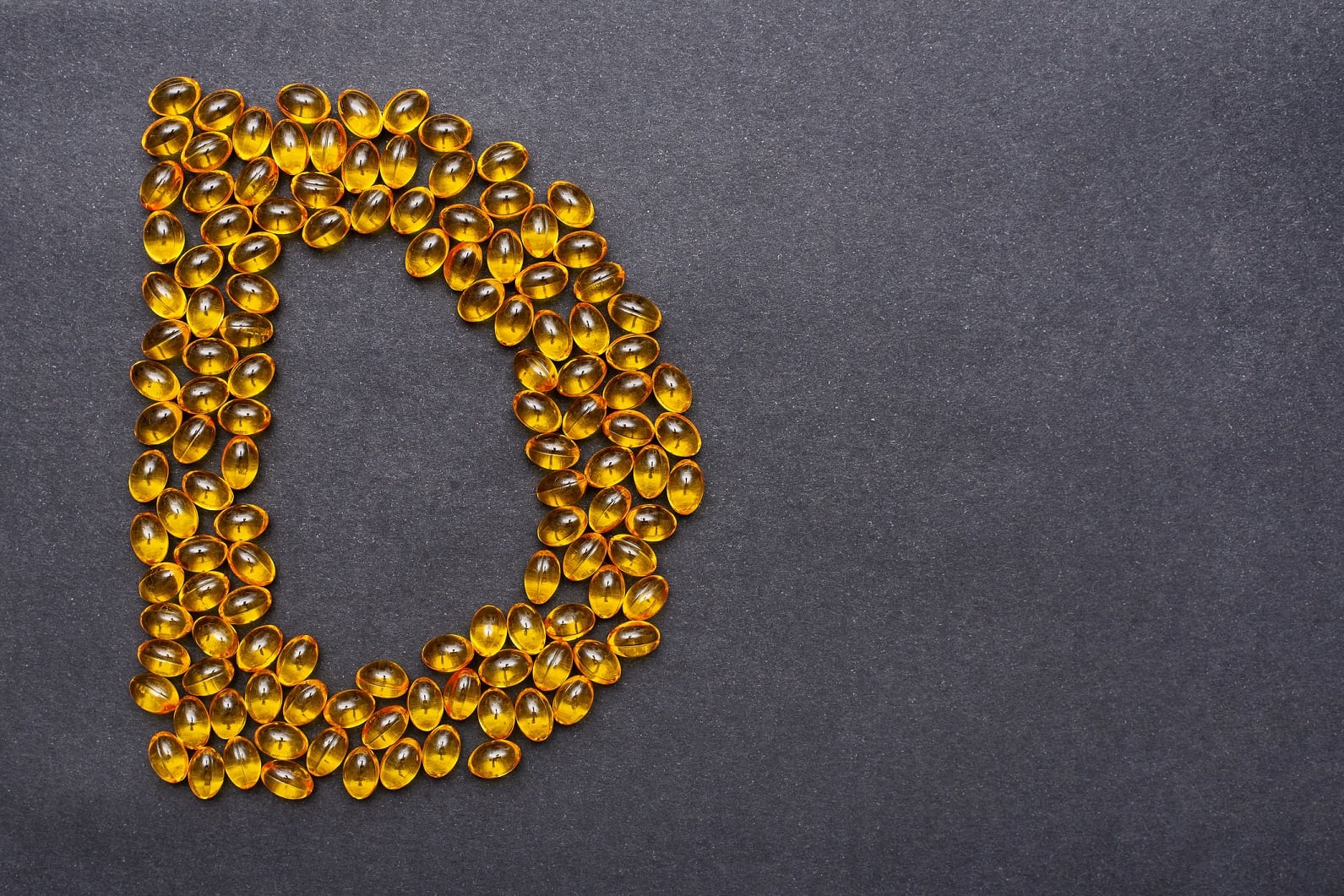Data published in the European Journal of Nutrition indicated that 16 grams per day of Cosucra’s native inulin led to increases in Bifidobacteria levels, as could be expected for this prebiotic.
Of particular interest, however, was that levels of calprotectin in the feces decreased after inulin intake. Fecal calprotectin is a marker of gut inflammation.
The researchers, led by Nathalie Delzenne from Université catholique de Louvain in Belgium, also reported that, while no significant changes to fecal short chain fatty acid (SCFA) levels were observed, the inulin group did exhibit increases in fecal rumenic acid, described by the researchers as a “conjugated linoleic acid (cis-9, trans-11 CLA) with immunomodulatory properties”.
“Although [inulin-type fructans] supplementation does not influence serum markers of inflammation, our results suggest that it decreases local gut inflammation, an effect which could be interesting in patients presenting co-morbidities like diverticulosis associated with overweight or obesity,” they wrote.
“It is interesting that the statistical drop in one species of Erysipelotrichaceae in the prebiotic group was associated with lowered calprotectin. Erysipelotrichaceae, belongs to the Firmicutes phylum and was correlated with gastrointestinal tract inflammation in patients with colorectal cancer or inflammatory bowel disease.”
“A well conducted study with up-to-date methodologies”
Commenting independently on the study’s findings, Glenn Gibson, Professor of Food Microbiology and head of Food Microbial Sciences at the University of Reading in the UK, and a pioneer and world-renowned expert in prebiotics and probiotics, told NutraIngredients-USA: “This is a well conducted study that has up to date methodologies.
“Prebiotics should be selective in their fermentative microbial metabolism and as a result impart health promoting properties. This is the case here, with a well-researched prebiotic, albeit that the observations are not particularly novel. A lack of response in SCFA does not surprise me given that feces represents only a small fraction of those produced.”
Indeed, Dr Delzenne and her co-workers examined note that the majority of SCFA (up to 95%) are rapidly absorbed by cells lining the colon (colonocytes), “resulting in decreasing concentrations from the proximal to distal colon. Therefore, only a minor fraction of SCFA (about 5%) is excreted in faeces. Thus, we cannot conclude that the higher SCFA level strictly reflects SCFA production by the gut microbiota,” they added.
Study details
Dr Delzenne and her co-workers examined a small sub-cohort of the Food4Gut trial and analyzed data from obese patients receiving either 16 grams per day of inulin or a maltodextrin placebo.
All of the participants received dietary advice and were asked to restrict their caloric intakes. This resulted in lower energy and protein intakes for both groups.
Bifidobacterium substantially increased in the inulin group, reported the researchers, and this supported the data from a larger cohort.
Importantly, the researchers reported a 50% decrease in fecal calprotectin after three months of inulin supplementation.
“… the drop in fecal calprotectin observed after prebiotic intake emphasizes the potential interest of prebiotic intake to combat gut inflammatory disorders occurring with obesity, an effect that could be related to changes in the abundance of bacteria like Erysipelotrichaceae,” they wrote.
They concluded: “If the increase in Bifidobacterium appears as a reproducible signature of inulin intake in the whole cohort of obese individuals, other bacteria or bacterial co-metabolites (like rumenic acid) could be implicated in ITF interactions with the gut microbiota and have relevance for health.”
Source: European Journal of Nutrition
2021, Published online ahead of print, doi: 10.1007/s00394-021-02484-5
“Prebiotic dietary fibre intervention improves fecal markers related to inflammation in obese patients: results from the Food4Gut randomized placebo-controlled trial”
Authors: A.M. Neyrinck, et al.





